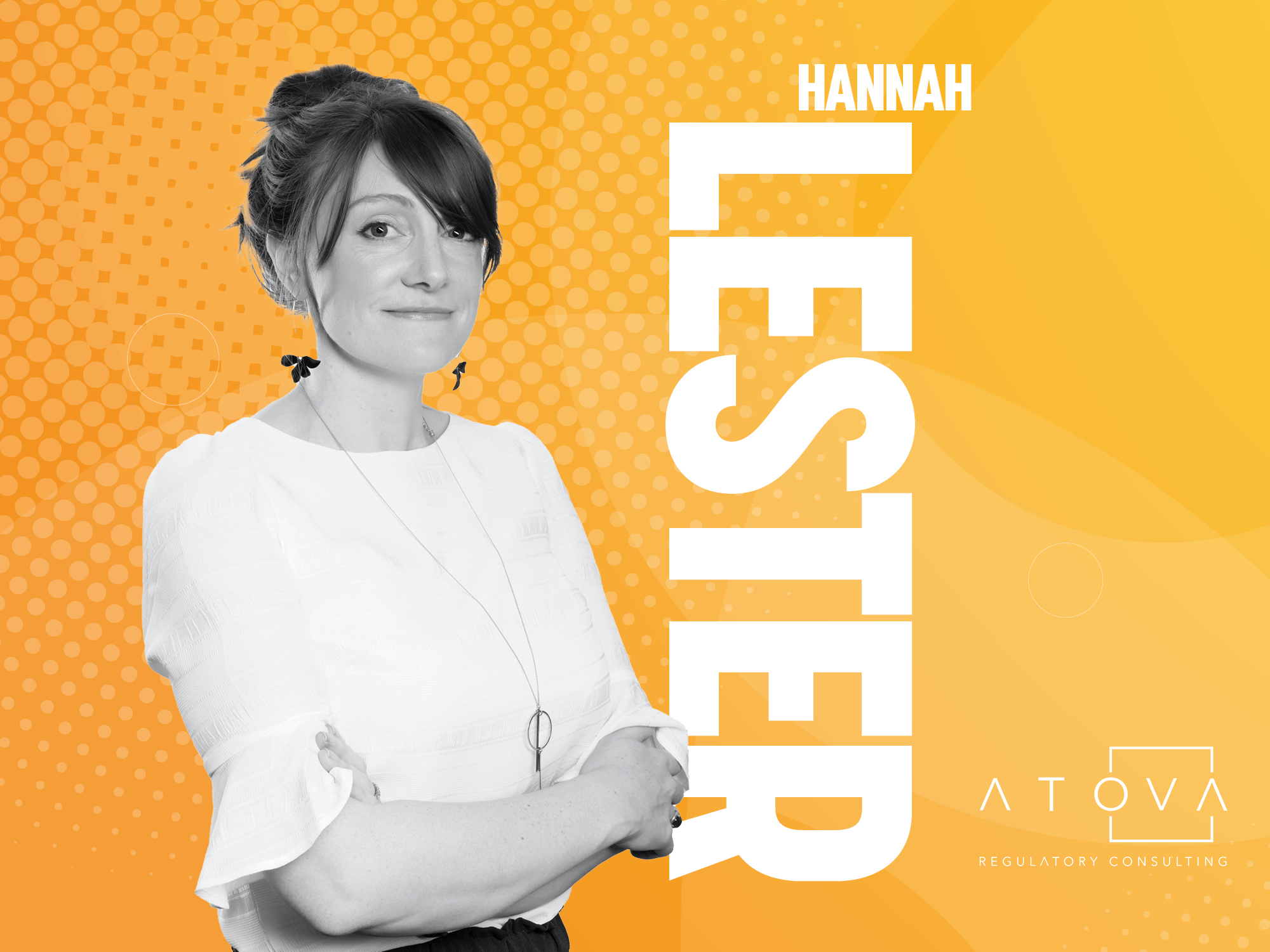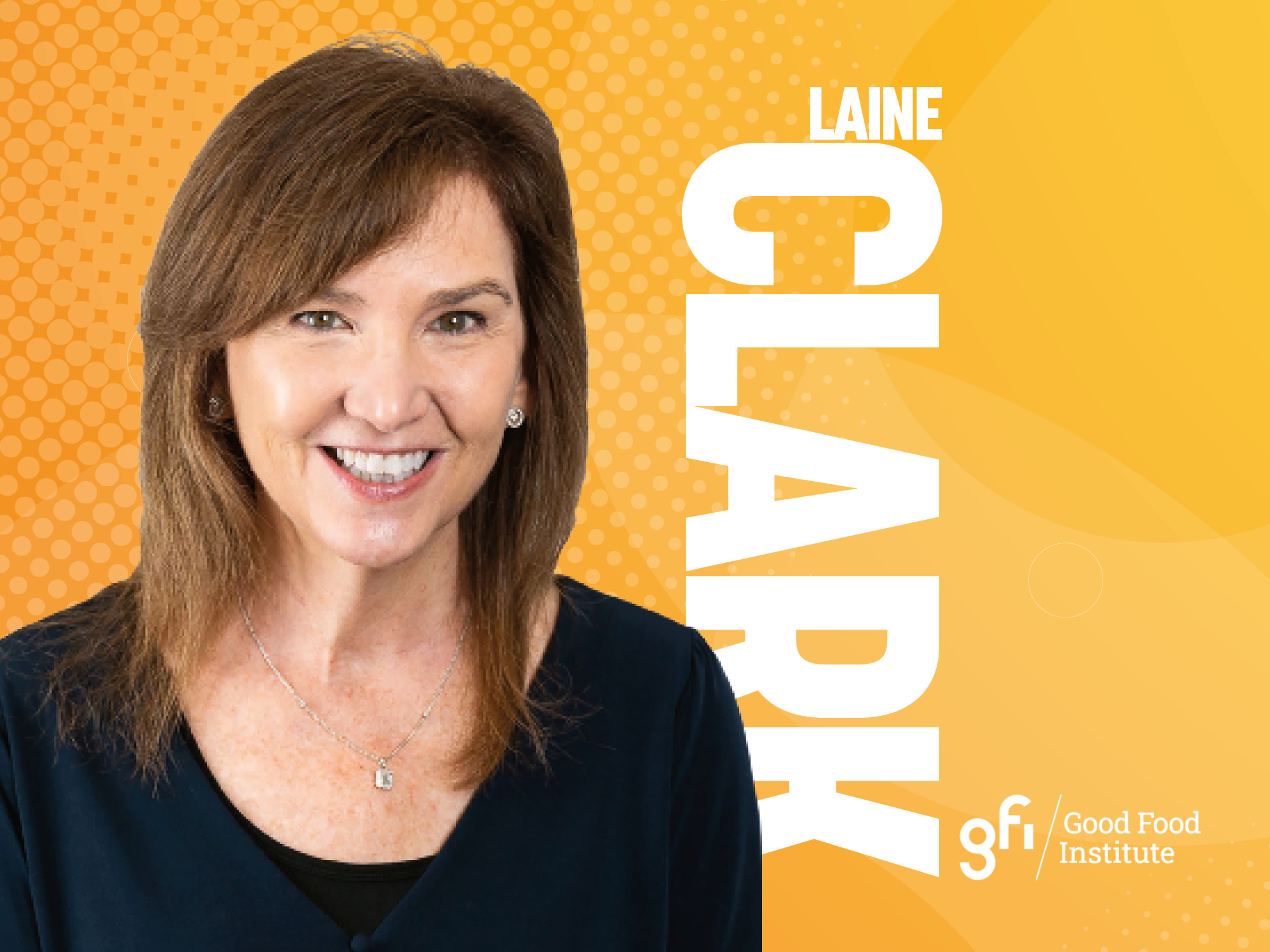

Why are start-ups seeking regulatory approval outside the EU?
I speak with a lot of start-ups in food-tech that want to know the quickest and most economical route to market. The EU is obviously an incredibly attractive market given its size, but more and more EU-based start-ups are turning their back on the EU. Why is this? Companies, especially start-ups, are under pressure to get their products to market, and when they see the complexity of the EU novel food process and the timelines, they focus on other regions where the approval process is more predictable and much faster.
In the EU, the timeline to novel food approval is 18-36 months (sometimes much longer), compared to around 9-12 months in Singapore and ~10-12 months for a notified GRAS ‘No Questions’ letter from the FDA.
In Singapore and the USA, the authorities actively encourage applicants to engage with them pre-submission. This allows the regulators to understand the company, their technology and the potential food safety risks, and supports and guides the applicant to prepare a good-quality dossier that demonstrates the safety of their product under the proposed conditions of use. Authorities know what to expect and the applicants knows what is expected of them.
In the EU, the European Food Safety Authority (EFSA) does offer pre-submission advice but it is limited and there is no discussion on the content or scope of the dossier.
While EFSA provides comprehensive guidance documents, there is no specific guidance for precision fermentation or cultivated meat. In these scenarios, the applicant must guess what EFSA will want to see and, in most cases, once the novel food dossier has been submitted, EFSA will ‘stop the clock’ and ask for more data, adding time and more uncertainty for the applicant.
Something else to consider in the EU is the transparency regulation. Applicants must notify their studies to EFSA before the study start date or risk facing a six-month penalty for getting it wrong! We have seen cases where it has taken EFSA 11 months to validate a dossier only for the dossier to be rejected because the applicant did not notify their studies correctly!
EFSA does offer pre-submission advice but it is limited and there is no discussion on the content or scope of the dossier
Is there any hope of things changing or getting easier? Although the transparency regulation is frustrating, applicants and EFSA are getting the hang of it now and most of the teething problems have been ironed out.
Timelines will start to stabilize too as, prior to the transparency regulation coming into force, a huge number of novel food dossiers were submitted before 27 March 2021 to avoid having to comply with the new regulation.
We are also seeing more EFSA engagement. EFSA hosted the Food and Feed Lab held in Milan on 7-8 March, which was a fantastic event that I was fortunate enough to attend! It was a really constructive and open forum where we discussed EFSA’s preparedness for the assessment of safety of new food/feed sources and production technologies, with a specific focus on cultivated meat.
The Scientific Colloquium on cell culture-derived foods and food ingredients on 11-12 May in Brussels will build on the discussion and feedback from Milan and dive deeper into latest knowlegde and understanding of the food safety risks associated with food and food ingredients in cell culture and precision fermentation.
Although the EU novel food approval process can be long and unpredictable, things will improve, and I am encouraged to see these initiatives from the European Commission and EFSA. There are many positives to a novel food approval in the EU. Once approved, for example, your product can be sold in all 27 Member States, plus Iceland, Norway and Switzerland. Applicants can also request five-year data protection, so competitors cannot piggyback on their authorization during this time without generating their own data and submitting their own dossier. Finally, as the EU sets such a high bar, novel food approval is looked on very favorably by other regions so it might mean easier access to certain countries if you have the green light from the EC and EFSA!
We need open and constructive dialog to help the EC/EFSA prepare for the future of food. But we also need a more predictable and supportive regulatory environment to ensure we see innovative and sustainable food approved in the not-too-distant future so the EU doesn’t get left behind!
Dr Hannah Lester is the CEO & Principle Consultant of Atova Regulatory Consulting and also Head of Regulatory at Gourmey. This article is republished from the April/May 2023 edition of Protein Production Technology International, the industry's leading resource for alternative proteins. To subscribe to all future editions, please click here
If you have any questions or would like to get in touch with us, please email info@futureofproteinproduction.com
More Opinion

Food biomanufacturing: A national security issue

Creating a new protein sector: Part II

Trade secrets: when, how and why to use them

The criticality of conducting LCAs

Creating a new protein sector: Part I

Protecting IP on a budget

Will the UK become the new Singapore?










